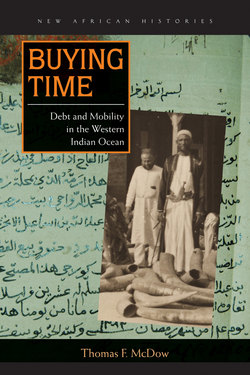Читать книгу Buying Time - Thomas F. McDow - Страница 9
На сайте Литреса книга снята с продажи.
ОглавлениеNote on Terms, Translation, and Transliteration
IN AMITAV GHOSH’S IBIS trilogy of historical novels that move across the worlds of the Indian Ocean in the nineteenth century, the characters speak in a variety of argots and cants specific to their particular social milieu. These include phrases from dialects of English, Hindi, Chinese, and Malayan languages, among others. Ghosh renders these wonderfully, yet I suspected that one of his goals in immersing the reader in this linguistic confusion is to underscore the multiethnic, polylingual world his characters inhabited. In this book, I would like to avoid this.
Certainly linguistic puzzles are one of the charms of the Indian Ocean. In an early round of research, I realized that the hard-to-decipher letter in front of me was not in Arabic, despite the script, but Portuguese. In this book, I have tried to solve all those puzzles for the reader by using common English spellings, where they exist, for words from other languages. In the text, I have dropped diacriticals from common names (Said for Sa‘īd, Muhammad for Muḥammad), though included them in the index. I have also used the historical place names for the period (Kutch for Kachchh, Bombay for Mumbai, Lake Nyasa for Lake Malawi). For Arabic terms and phrases that I transliterated, I have followed the standards of the International Journal of Middle East Studies for the first usage, and dropped the diacritical marks subsequently. Unless otherwise noted, all currencies are listed in Maria Theresa dollars (MT$).
Although I hope to evoke a world like Ghosh does, I am not a novelist. As a historian, one of my goals has been to translate this Indian Ocean world and ease your journey through it.
